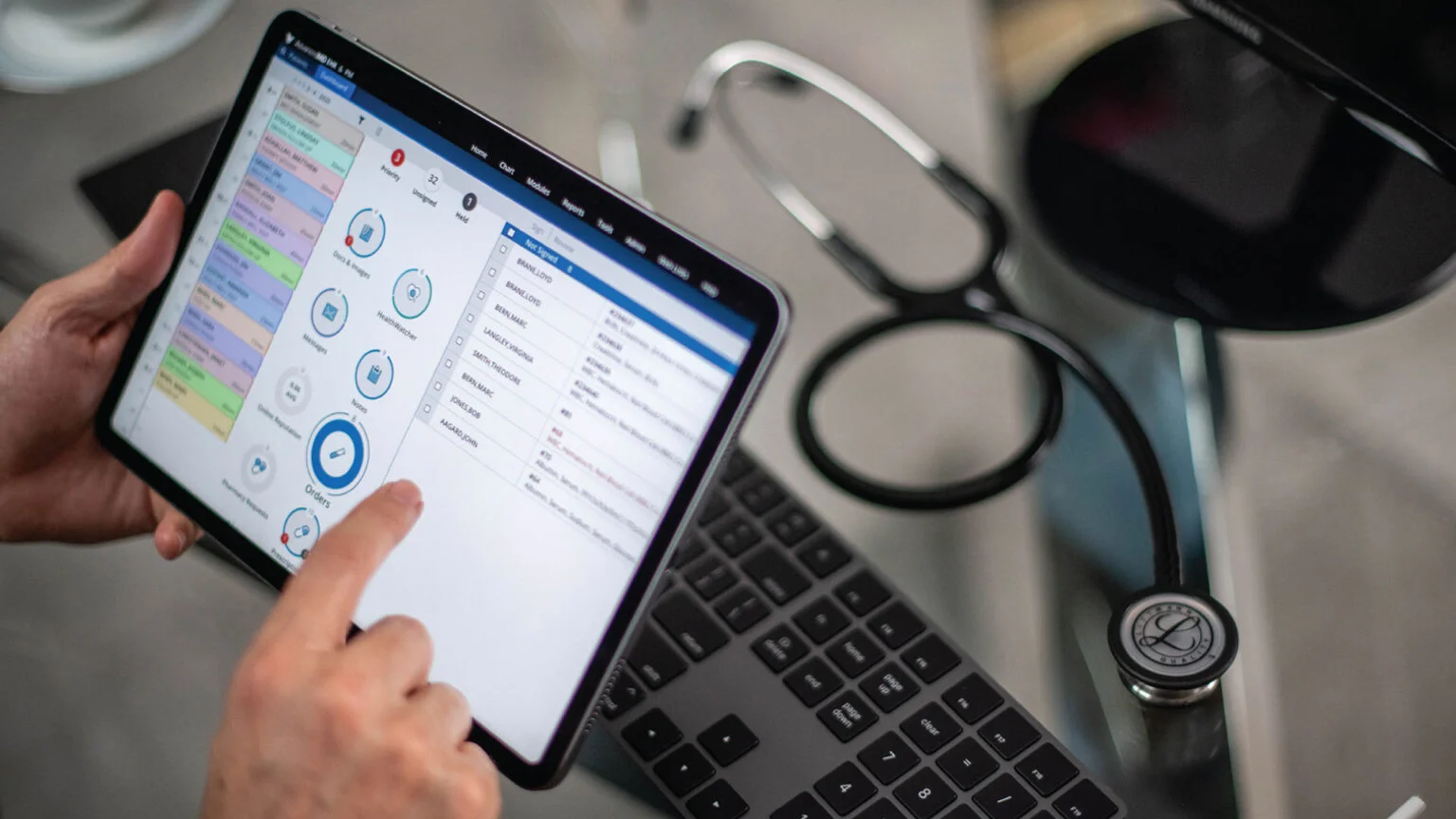In the fast-paced world of modern healthcare, data is both a blessing and a burden. Hospitals and clinics handle an avalanche of information daily from patient records and test results to prescriptions, billing, and scheduling. While this data holds the potential to improve outcomes, it often creates overwhelming chaos when managed through outdated systems or paper-based methods. This is where smart healthcare software steps in not just as a tool, but as a quiet revolution bringing structure, efficiency, and clarity to medical operations that were once riddled with confusion.
From Medical Mayhem to Digital Mastery
Every healthcare professional has experienced the struggle: missing patient files, miscommunication between departments, long waiting times, and delayed reports. These aren’t just inconveniences they can impact diagnosis accuracy and patient trust.
Smart medical software tackles these pain points head-on. It creates a centralized ecosystem where every piece of patient data is securely stored, easily accessed, and automatically updated. Whether it’s a doctor viewing a patient’s medical history or a lab technician uploading new test results, the system keeps everyone connected in real time.
This synchronization eliminates duplication, errors, and delays transforming a once-chaotic system into an organized, data-driven environment.
The Rise of Intelligent Automation in Healthcare
The real magic lies in how these systems think. Today’s smart healthcare platforms are powered by AI (Artificial Intelligence) and machine learning, allowing them to learn from data patterns and make predictions that assist doctors and administrators.
For instance:
- Automated Scheduling: Software can analyze patient load, doctor availability, and time preferences to create balanced schedules without human intervention.
- Predictive Insights: By studying historical records, the system can flag potential health risks or medication conflicts before they become serious issues.
- Smart Billing: Errors in medical billing are reduced as the system auto-verifies insurance claims and matches services with accurate costs.
This automation not only saves time but also frees up medical professionals to focus on what truly matters patient care.
Connecting the Dots Across Departments
One of the biggest hurdles in healthcare management is the lack of integration. Labs, pharmacies, and clinics often operate in silos, making communication fragmented.
Smart medical software bridges these gaps through interconnected digital platforms. A doctor can instantly view a lab report uploaded by a diagnostic center, and the pharmacist can verify prescriptions in real time. This interconnectedness ensures that every part of the care journey from diagnosis to treatment is seamless and error-free.
In systems like Instacare’s clinic and hospital management software, data flows smoothly between departments. This not only enhances transparency but also accelerates the speed at which care is delivered.
Why Data Accuracy Matters More Than Ever
In medicine, precision can be the difference between life and death. A misplaced decimal or an outdated record can lead to serious consequences. Smart healthcare software ensures data accuracy through automation, reducing human errors and maintaining up-to-date patient information.
Moreover, these systems use cloud storage and data encryption to safeguard sensitive health records. This is crucial in an age where cybersecurity threats are increasing. Patients can now trust that their data is protected while remaining accessible to authorized professionals whenever needed.
Empowering Healthcare Staff and Patients Alike
The benefits of smart medical software extend beyond doctors and administrators patients too experience a major upgrade in their healthcare journey.
Through patient portals and mobile apps, individuals can:
- Book appointments without waiting on phone calls.
- Access test results and prescriptions instantly.
- Receive reminders for upcoming visits or medication schedules.
This digital transparency empowers patients, turning them from passive recipients into active participants in their health management. For medical staff, it reduces the burden of repetitive tasks and allows more meaningful engagement with patients.
Data-Driven Decisions That Save Lives
Imagine being able to identify a disease trend before it becomes a local outbreak, or knowing which treatments are most effective for specific conditions. With real-time analytics, smart healthcare software turns data into actionable insights.
Hospitals can track admission trends, test outcomes, and patient recovery rates all in visual dashboards that simplify complex data. Decision-makers can use these insights to improve services, allocate resources more efficiently, and even forecast future healthcare demands.
This isn’t just organisation it’s a transformation powered by information.
A Future Where Technology Heals
The journey toward a fully digital healthcare ecosystem is well underway. As artificial intelligence, IoT (Internet of Things), and big data analytics continue to advance, medical software will become even smarter capable of diagnosing conditions, personalizing treatment plans, and predicting health crises before they happen.
The goal isn’t to replace doctors, but to enhance their capabilities. Technology acts as a co-pilot, managing data, detecting patterns, and ensuring precision while human expertise provides the empathy and judgment machines can’t replicate. Together, they form the perfect team for modern medicine.
Conclusion: Order in the Age of Overload
The healthcare industry once struggled under the weight of its own complexity but smart software is changing that. By integrating systems, automating processes, and enhancing accuracy, it’s bringing order to medical chaos.
In a world where every second and every data point can save a life, this digital transformation is far more than just an upgrade — it’s a lifeline for the future of healthcare. Every delayed report, misplaced record, or missed communication can alter the outcome of a patient’s treatment. By digitizing and streamlining medical data, smart healthcare software ensures that critical information reaches the right hands at the right time. It transforms hospitals and clinics into cohesive, data-driven ecosystems, where decisions are made faster, resources are used more effectively, and patient outcomes continuously improve.
The smart healthcare software of today is not merely managing information; it’s redefining the very foundation of care delivery. From automated scheduling and real-time data analysis to AI-assisted diagnostics and secure patient communication, every click contributes to a system that’s more responsive, transparent, and human-centered. It’s enabling doctors to focus less on paperwork and more on healing, empowering patients to take charge of their health, and building a future where technology and compassion work hand in hand — one efficient, intelligent click at a time.




Leave a Reply